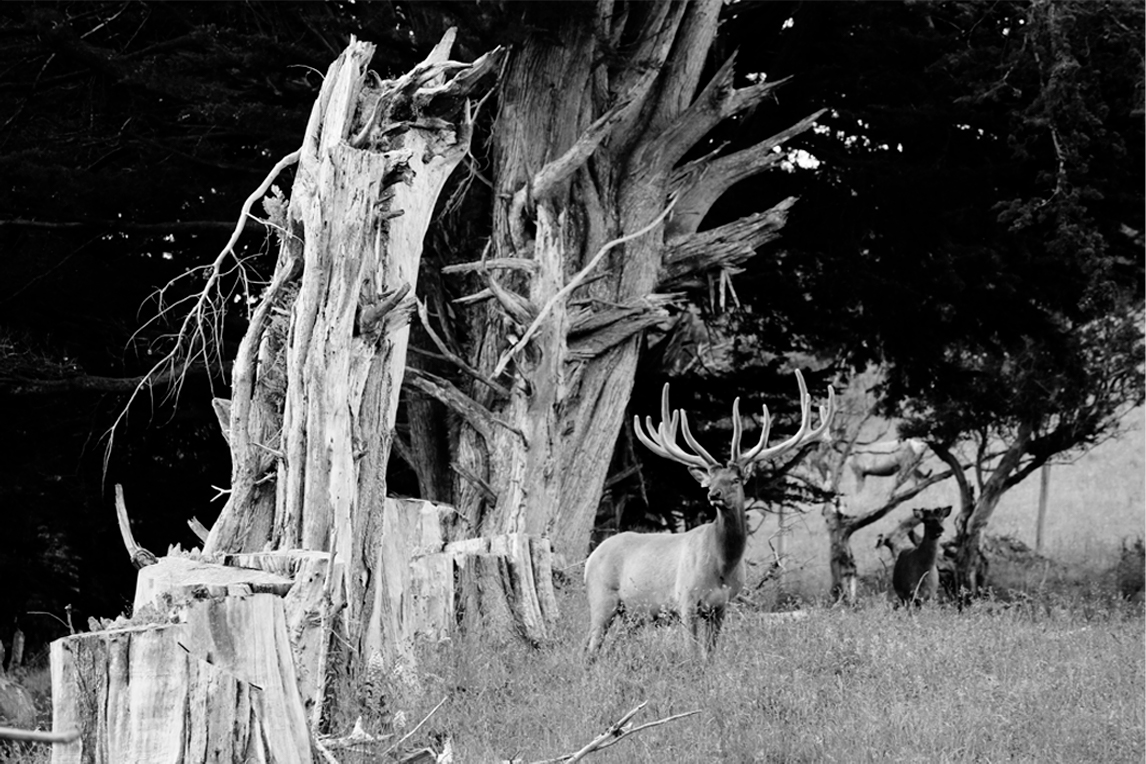Feb 3, 2022
An update from John Somerville on Covid planning and the deer industry DFA position on He Waka Eke Noa (HWEN).
As the New Year opens with Covid still hanging over us, the highly contagious Omicron strain looking like it will be a fact of life for us to deal with.
Now that over ninety percent of us are vaccinated the main issue is ensuring that we can keep our businesses going when it becomes widespread in the community.
Luckily the velvet season is pretty much behind us so the risk of infected people handling velvet has been avoided for this season. But it is important that farmers plan for disruptions with the meat processing plants. You might have to kill some stock earlier and lighter than you might normally but it is better than being caught with too much stock. Most other supply chains will be affected, so plan ahead with supplies that you might need so you don’t get caught short. Have a plan for your farm when you, your family or employees are infected, to ensure your farms essential tasks can continue.
You are probably aware of the upcoming roadshows to discuss the three options for farmers with the He Waka Eke Noa (HWEN). Firstly – we have to stay out of the Emissions Trading Scheme. The ETS will risk the viability of the drystock sector in future and gives farmers no control over what they will pay. The other two options are preferable, and are modelled to achieve the government’s legislated gas reduction targets by 2030, but are very expensive. It is difficult to make an informed decision on the options when we still don’t know what the price of the gases will be. The processor levy option is a tax that won’t drive change and will be more easily sustained by intensive farming systems. But extensive farming, which most deer farms are, will have very limited options in reducing emissions, apart from destocking or large scale forestry planting.
A third option is being worked with input of the DFA and other concerned drystock farmers. This option will
- Focus on reducing warming rather than emissions
- Set clear achievable targets – warming neutral by 2030
- Use a stepped pricing of methane emissions to reward positive change.
- Measure emissions per hectare rather than per kilogram of product.
- Keep compliance affordable and simple.
So watch this space as we endeavour to ensure that these outcomes will be considered as part of the design of the system.
We encourage you to read the consultation document, think about how the administration of the options would affect your business and then submit on the HWEN webpage, here: https://hewakaekenoa.nz/your-say/ or provide us your feedback.
We encourage you to attend the HWEN workshops being run by Beef+LambNZ and Dairynz and hear first hand about the proposals and ask about how this will impact your business – here’s the programme >>
It’s also worth reading the advice put out by the MIA to get the view of some of your venison marketing companies. To view, click here >>
And some good news! It is good to see rises in the venison schedule, our venison marketing companies are confident that this trend can be continued as we climb back to profitable prices.
John Somerville
NZDFA Executive Committee Chair

